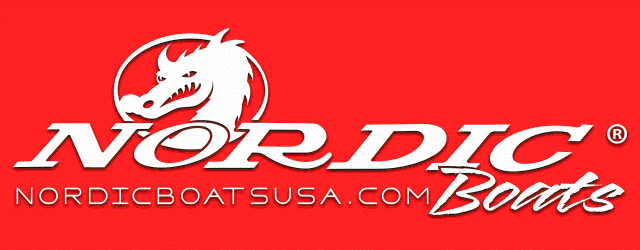SkyDirtWaterguy
Well-Known Member
- Joined
- Sep 20, 2018
- Messages
- 1,044
- Reaction score
- 3,714
Ok RDP braintrust. I know this has probably been discussed here before but want opinions on which gas to use in my boat. The motor is a 2014 Mercury 540.
Some say 87 others say 91?

Some say 87 others say 91?




